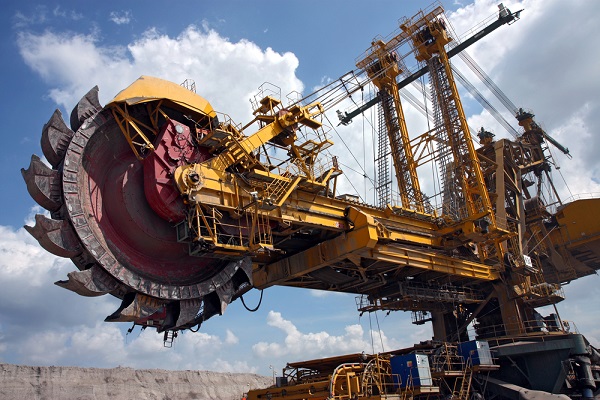Malaysias state-owned Petronas Lubricants International plans to increase sales in Australia and New Zealand with a new marketing company, PLI Australia Pty Ltd., and an office near Sydney.
Through the establishment of PLI Australia, [Petronas] will be able to better serve its customer base in Australia and New Zealand, as well as to realize its plan to capture 4 percent of the market share in the two countries by 2021 and increase the companys volume of sales by 32 percent, the company said in a press statement last week.
The new office will allow Petronas to increase product and service offerings for existing original equipment manufacturer customers, introduce flagship lubricants for the passenger car motor oil and commercial vehicle lubricant segments, and tap into the mining and industrial segments in Australia and New Zealand.
Industry observers told Lube Report Asia that Australias lubricants market is challenging, but offers opportunities to players coming in with the right strategies.
Australias lubricants market is mature and currently witnessing low growth, said Steve King, director of SJK Marketing Services, a global lubricant consulting company based in the United Kingdom. Its quite large and technically quite demanding in terms of mining and transport requirements, so it represents a challenge to new players. Those going in there would be looking at the long-term position, but they need a strong technical setup to succeed.

Photo: Kodda / Shutterstock
Australias mining sector is typically cyclical, said Frost & Sullivans Sarah Wang. Its down at the moment, but players entering the market now can position themselves for the next growth stage, which is likely to come in a few years, she noted.
Despite the downturn in the resources sector, the Australian economy has [been] well driven by effective monetary and fiscal policies, added Wang, a senior consultant for the U.S.-based consultancys Australia and New Zealand industrial practice. A number of sectors – such as construction, machinery manufacturing, tourism and etc. – have shown strong growth. Asian companies enter Australia mainly to capitalize on the growth.
Chinas Sinopec, which partnered with Australian marketer International Lubricant Distributors, was able to establish itself as an industrial lubricant supplier in Australia, Wang pointed out. Petronas Lubricants has been a minor player in the Australian lube market since the early 2000s. With increasing investment and the establishment of an office, it is expected to introduce more product lines and reach out to more customers, strengthening the brand name.
King added that Petronas may also be able to grab market share previously held by international oil majors Shell and Exxon, who in recent years divested their lubricants assets in Australia and now rely on distributors to market their products there. These actions do leave gaps and opportunities for other players to come in. This happened in Africa, with many new brands starting up.
In 2002, PLI first entered the Australian market with its AmbrA and AkcelA lubricants through a third-party licensing agreement with CNH Industrial.